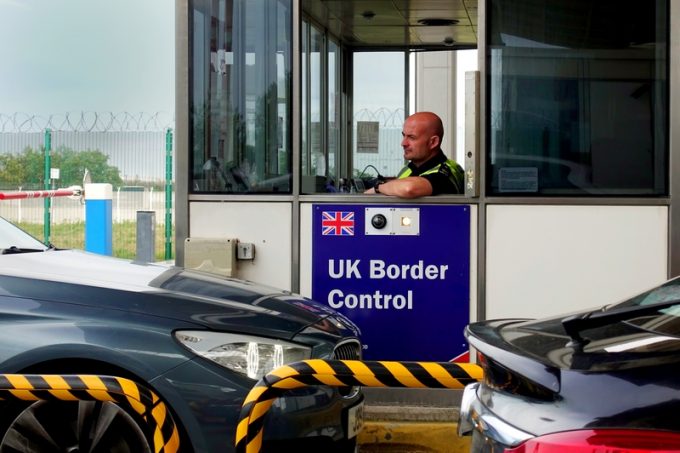UK ports and airports overwhelmed with illegal vape seizures
The UK’s freight terminals, airports and seaports have become the unexpected frontline in the battle ...

Chaos returned to the UK border yesterday, with the implementation of the second stage of the post-Brexit Border Target Operating Model (BTOM).
Stage one came online in January, requiring imports designated as medium- or high-risk to be accompanied by export health certificates; ...

Comment on this article